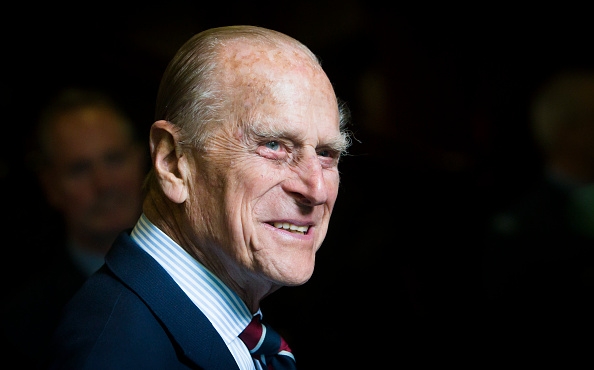The Duke of Edinburgh is finally to retire in the autumn, after more than 70 years of public service, just after his 96th birthday. Philip – a former first lieutenant in the Navy – is one of the last prominent figures in British life to have served in the second world war; he’s also possibly the only one worshipped as a living god, as far as I know.
Yet this man at the very heart of the British Establishment has come to be known as a sort of arch-reactionary, an English colonel figure who goes around insulting foreigners – either to our amusement or utter horror.
He was once, in the distance of time, the royal family’s most progressive reformer; the newcomer from impoverished Greek-German nobility (though his first language is French). His mother was a deaf and schizophrenic Orthodox nun, as well as a heroic Righteous Among The Nations; Prince Charles’s own Orthodox Christian sympathies have long been a source of great interest, and many suspect that to be his true faith.
That side of Philip was recently explored in The Crown, the lavish Netflix TV series on The Queen’s reign. I find it fascinating, mostly because the era that the first series covers – although within my parents’ lifetime – seems totally alien; nearly every social more and rule its characters live by is strange to today’s way of thinking. Indeed, perhaps the one recognisable thing is the institution of monarchy itself, still passing down ancient rituals (though much of the pomp dates only from the 19th century, as this Guardian long read explains).
There are good practical arguments for countries having a monarchy, including an association with lower corruption levels, more political stability and economic growth. But I also believe the institution provides genuine cultural and social benefits, even on a personal level. When anxiety is at an all-time high, traditional structures, even if they are ersatz, can play a positive role in our lives.
In The Crown, the dying Queen Mary tells her granddaughter, Elizabeth II, about the importance of monarchy: ‘[It is] God’s sacred mission to grace and dignify the Earth, to give ordinary people an ideal to strive toward, an idea of nobility and duty to raise them in their wretched lives.’
Such sentiments are, of course, exactly why the institution horrifies progressives and republicans, but for me there is something correct and timeless about it. So much anger and sadness in the west arises from the fact that we have conquered many of our material problems; what remains (for the politically active, at least) is the desire for self-actualisation, for something higher to aspire to. Meanwhile the relentless, unceasing competition in almost every area of our lives does nothing but make us feel miserable about ourselves. We have won our rights – but miss our rites.
The Guardian story about ‘London Bridge’ – the codename for the plan that will kick into action in the days after the Queen’s death – is disturbing because, with increasing social division and political uncertainty, I wonder what will happen afterwards. Will politics get nastier, more extreme, less wedded to constitutional norms? I hope not, and pray Prince Philip’s descendants will long reign over us.







Comments